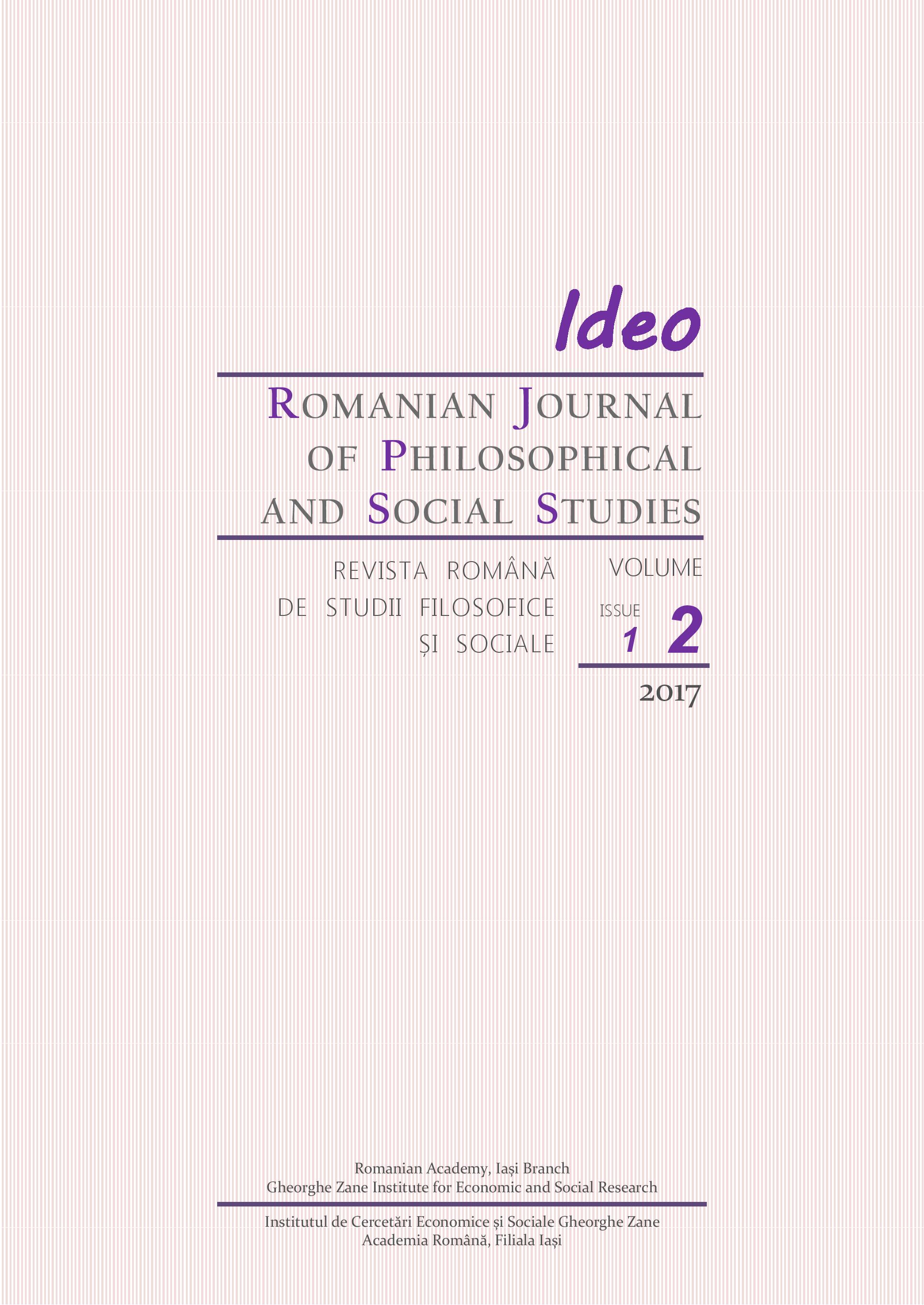‘Efectul Foucault’ asupra modelelor guvernării academice
The ‘Foucault Effect’ on the Models of Academic Governance
The Genealogy of the Educational Power in the Age of Cultural Capitalism
Author(s): Oana ȘerbanSubject(s): Contemporary Philosophy, State/Government and Education
Published by: Academia Română, Filiala Iași Institutul de Cercetări Economice și Sociale „Gheorghe Zane”
Keywords: the ‘Foucault Effect’; educational policies; academic management; Panopticon; educational governance and governmentality; Durkheim; Foucault;
Summary/Abstract: This article aims to explore the so-called ‘Foucauldian effect’ on different contemporary models of academic governance. In these models, educational institutions are defined as parts of a large apparatus of social observation and they are integrated in blocs of power that act within a disciplinary society. My thesis is that academic environments function as normalizing institutions in which the educational management is regarded as the result of the discursive production of power, inspired by “the art of (self) government”, following Foucault’s argument. In the first three sections of my article, I will investigate the relationship between governance and governmentality in educational terms. My analysis focuses on the role of social constraints in determining the ideological construction of these two concepts, in the light of Foucault’s and Durkheim’s critiques. In the last four sections, I will focus on the Foucauldian critical on three models of encapsulating the educational management at micro-institutional level through bureaucracy, Fordian, and Taylorian mechanisms of economic and social discipline. I will argue that each model depends on the cultural capital they involve, a premise that might be applied in the contemporary attempts of reforming educational policies.
Journal: Ideo: Revista română de studii filosofice și sociale
- Issue Year: 2/2017
- Issue No: 1
- Page Range: 1-19
- Page Count: 19
- Language: Romanian

